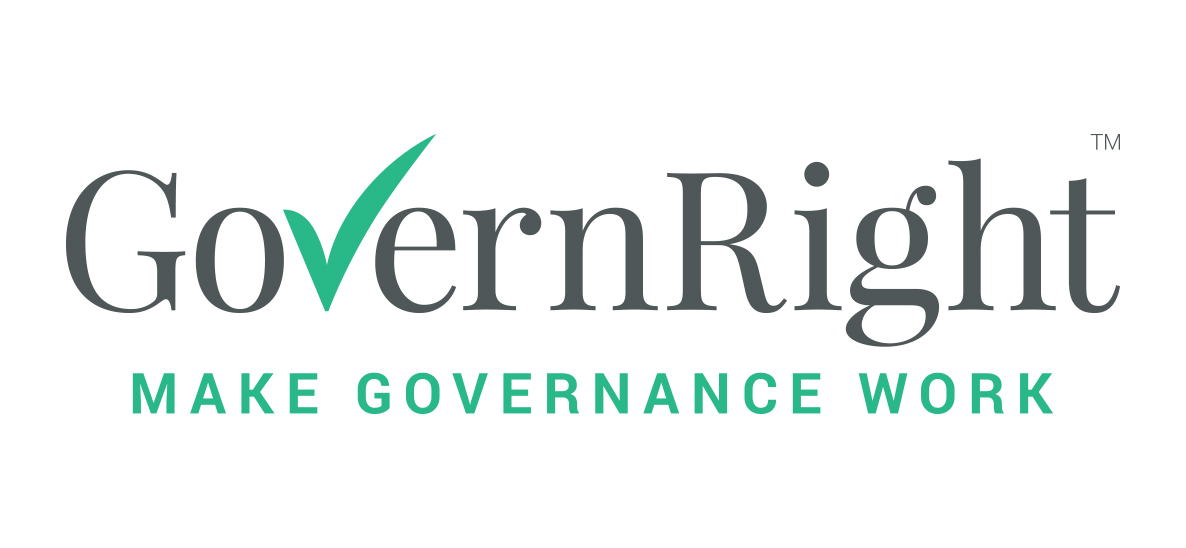Consumer Directed Care - Balancing Duty of Care with Dignity of Risk
The Better Practice Conference in Sydney showcased a number of aged care initiatives that are improving quality of life for older people in communities across Australia. It was exciting to hear how providers are starting to shift the locus of control from the “professional” to the aged care consumer, in recognition that neither age nor incapacity should impact on our human right to self-determination. While the models and change programs varied, the benefits to consumers and providers were measurable in terms of the customer experience, consumer quality of life, and provider Net Promoter Scores.
With appropriate systems and oversight, what’s good for the customer is good for the organisation!
Duty of care versus dignity of risk
A common theme through the conference presentations was the importance of balancing duty of care and dignity of risk, to arrive at a unique solution for each person.
Traditionally, health professional training, quality systems and risk-averse cultures have tended to tip the scales on the side of caution, detracting from individual freedom and informed decision-making. Over the last month, I have been supporting a family friend who is being pushed to move into residential care against her will, because physically, it is the safest option. What well-meaning professionals sometimes fail to notice is that the “safest” option can be emotionally and spiritually damaging. This friend, who spent years working in leprosy communities and travelling the world, wishes to spend her remaining time at home, surrounded by memories that give her life purpose.
Best practice in consumer directed care “enables" risk taking, without compromising duty. This means respecting personal goals and motivations of individual consumers; providing accessible information on options and potential consequences; providing support for decision making; and collaborating on harm minimisation strategies where required.
The optimal balance between dignity of risk and duty of care will vary according to an individual’s propensity for risk-taking, their personal values, their decision-making capacity, and the setting of care. Some individuals desire all the care, intervention and safety precautions available, while others value independence and freedom above all else, prioritising quality of life over longevity. To consistently meet these expectations, providers will need to consider staff attributes, competencies and support systems, as well as developing tools for consumer risk profiling, risk assessment, risk acceptance documentation, consultative problem solving and assisted decision making. Advance planning for future care, lifestyle and financial management is to be strongly encouraged, as well as the use of interpreters, advocates and support people.
Each situation is different!
Organisational transformation
Policy transformation on the current scale, necessitates organisational transformation, starting with the creation of a shared vision and a commitment to change over the long term. The desired state then needs to be researched and documented, to enable a gap analysis. From here, a roadmap and project plans can be developed to guide everything from service delivery to scheduling, billing, marketing, customer relations, staff management and information systems. The transformation process requires insight, foresight and flexibility in an environment of ongoing reform and development.
Levels of uncertainty for aged care providers were heightened on 27 February 2017 by the Increasing Choices in Home Care amendment to legislation. This introduced portability of consumer funding and choice of provider, threatening caseload and income levels, and representing:
· A governance challenge at the level of strategic planning, change, risk management, and investment
· A management challenge at the level of workforce capability, technology and systems, investment/resourcing, marketing and communication, accountability and empowerment
· A practice challenge at the level of service models, consumer experience, products and tools.
Boards and management will need to proactively manage these changing and emerging risks as further reforms unfold and the market matures.
Change is inevitable; success must be planned and managed!
____
About the Author
Helen has 30 years’ experience within ageing, health and disability services, including executive, non-executive and national management roles. She brings extensive experience in guiding organisations through the challenges of changing policy, social, technological and competitive landscapes, with a focus on strategic planning, business improvement, customer experience and innovation. She has worked within large, mid-sized and small organisations, including not-for-profit, private and government entities. At a sector level, she has presented at state and national conferences, participated in expert panels, and has served as a Board member of Aged and Community Services NSW/ACT. Helen is a GovernRight accredited consultant and a Professional Partner with the leading Governance consulting group (and governRight Master Licence Holders) The Professional Partner Group.

